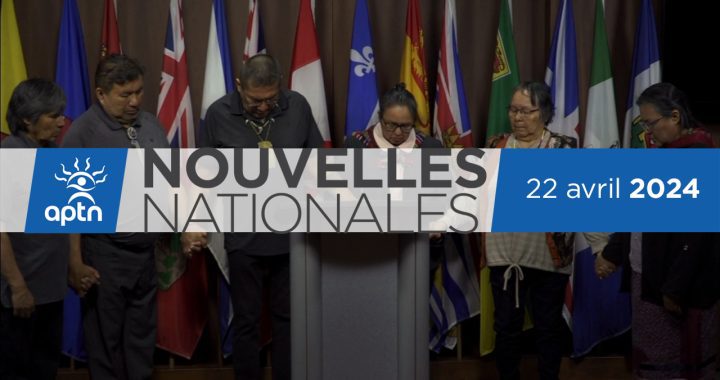The 2022 federal budget is a smaller one than last year’s and this means less spending on Indigenous priorities says the head of the Assembly of First Nations (AFN).
“I really feel that we need to change our financial relationship with Canada,” says AFN Nations National Chief RoseAnne Archibald. “All of the wealth of Canada is being made on First Nations lands. Whether those are unceded territories or treaty lands.
“The wealth of this country has to be shared with First Nations.”
In 2021, the Liberals pledged close to $13 billion over five years to Indigenous initiatives.
This year that number is down to about $11 billion over five years.
Investments in Indigenous housing are one of the highlights of the budget and the government is putting $2.4 billion over five years to address serious gaps in on-reserve housing.
However, the AFN was looking for $44 billion over 10 years. Archibald says no budget seems to be able to fully address Indigenous needs and it’s high time First Nations entered into a serious discussion with the government about economic reconciliation.
Métis priorities were also given a much more prominent role in last year’s budget and had their own section.
This year, Métis are mentioned only once and this is the $190 million over seven years to address housing in Métis communities.
Métis National Council President Cassidy Caron says this is clearly not enough but it’s a start.
“Any little bit is helpful,” she says. “That $190 million over seven years for housing in Métis communities is on top of the $500 million over 10 years investment that has been negotiated through the permanent bilateral mechanism.
“So, we already have some funding investments through the federal government. This is another top up but I will always continue to advocate for more funding for housing for our communities.”
The Inuit Tapiriit Kanatami (ITK) didn’t return APTN’s request for comment, but a statement posted on its website suggests the organization is pleased with the budget.
“Inuit welcome Budget 2022’s investment of $845 million over seven years for housing across Inuit Nunangat,” the statement said. “It is three times the Budget 2018 allocation of $400 million over 10 years and ushers in a new era in housing investment for Inuit.
“This investment is a significant step in the right direction toward improving deteriorating housing stock and relieving widespread overcrowding across Inuit Nunangat which has contributed to devastating physical, social and mental health challenges.”
The statement also said the ITK is “encouraged” with the $227 million for Indigenous mental health services in the budget.
Read More:
Feds announce $11B towards housing, reconciliation and residential school support
Crown-Indigenous Relations Minister Marc Miller acknowledges 2022 is a smaller budget compared to last year which included record spending to address the COVID-19 pandemic.
But he says investment in Indigenous initiatives is still significant and the crisis in First Nations housing cannot be solved in one budget.
“Is it enough to close the housing gap,” Miller asks? “It is not. When you look at it through the lens of reconciliation, one budget doesn’t encapsulate the need to put in sustained investments year-over-year in closing those socioeconomic gaps.”
In a released statement, the Native Women’s Association of Canada says it is pleased with investments in housing, health, social services and education.
However, NWAC says it’s disappointing there aren’t additional funds to stop violence and genocide against women mentioned in the national inquiry’s final report into missing and murdered Indigenous women and girls.









